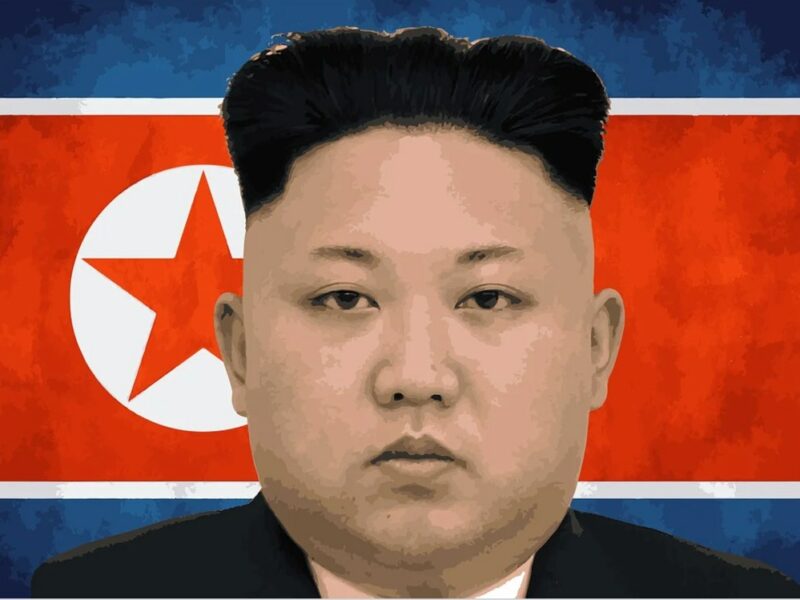Following the Second World War, Korea was cut from the carcass of the Japanese Empire, and immediately became a theatre for Cold War confrontation. North Korea was the Soviet-inspired outcome of this geopolitics in the Korean peninsula, a putatively Marxist state, broadly analogous to the position of East Germany in central Europe, and North Vietnam after the crumbling of French rule in Indochina. Historians have noted that in North Korea, three authoritarian streams of history converged: Korea’s own monarchical tradition, Japanese militarism, and Soviet (Stalinist) Marxist-Leninism.
AuthorTerence Corrigan
Terence Corrigan is a project manager at the Institute of Race Relations, South Africa’s oldest think tank promoting individual and societal freedom. Readers are invited to support the IRR by sending an SMS to 32823 (SMSes cost R1, Ts and Cs apply).

